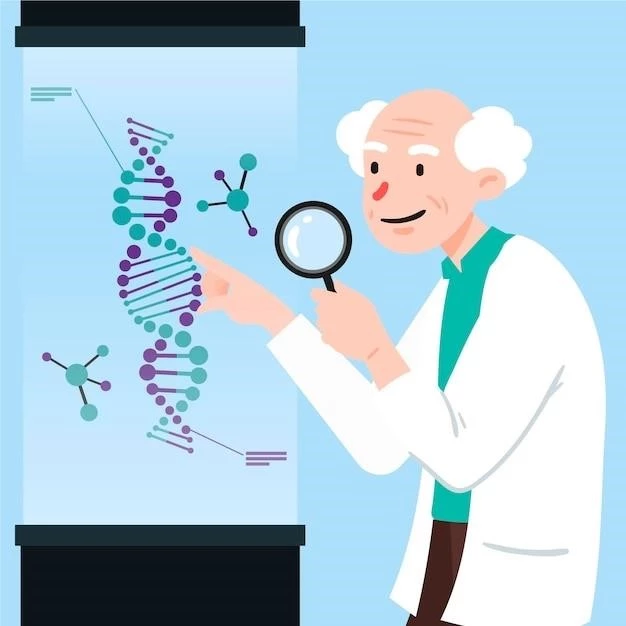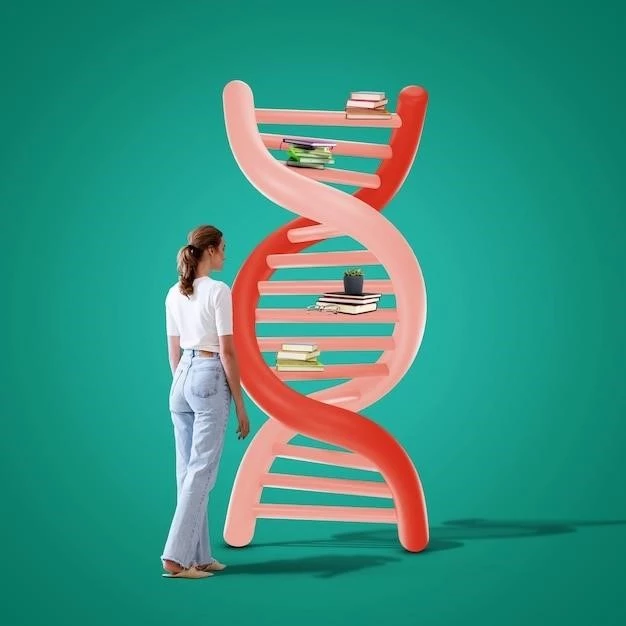Chromosome 10 Abnormalities
When discussing Chromosome 10 abnormalities, it is crucial to cover topics such as Trisomy 10pter p13, Genetic Disorders, Chromosomal Abnormalities, Prenatal Testing, Symptoms of Trisomy 10, Treatment Options for Chromosome 10 Disorders, and Research Updates on Trisomy 10.
Trisomy 10pter p13
Trisomy 10pter p13 is a chromosomal abnormality characterized by an extra copy of the short arm of chromosome 10. This rare condition can lead to a variety of developmental delays and physical abnormalities. It is important for individuals with Trisomy 10pter p13 to work closely with genetic counselors and healthcare providers to create a comprehensive care plan.
Genetic counseling is essential for families affected by Trisomy 10pter p13, as it can help them understand the genetic implications of the condition and make informed decisions about family planning. Regular medical check-ups and developmental assessments are necessary to monitor the individual’s progress and address any challenges that may arise.
Individuals with Trisomy 10pter p13 may experience symptoms such as intellectual disabilities, growth delays, distinctive facial features, and heart defects. Early intervention services, including speech therapy, physical therapy, and educational support, can greatly improve the quality of life for those with this chromosomal abnormality.
Research into Trisomy 10pter p13 is ongoing, with scientists striving to better understand the genetic mechanisms behind this condition and explore potential treatment options. By staying informed about the latest research updates and advancements in the field, individuals and families affected by Trisomy 10pter p13 can actively participate in their care and contribute to the progress of medical knowledge.
Genetic Disorders
Genetic disorders, including Chromosome 10 abnormalities like Trisomy 10pter p13٫ are caused by changes in an individual’s DNA. These alterations can impact various aspects of health and development٫ leading to a wide range of symptoms and challenges. Understanding the genetic basis of these disorders is crucial for effective diagnosis and management;
It is essential for individuals with genetic disorders to undergo genetic testing and counseling to determine the specific genetic changes responsible for their condition. Genetic counselors can provide valuable information about the inheritance pattern of the disorder, potential recurrence risks in families, and available treatment options.
Advances in genetic research have enhanced the ability to identify and characterize genetic disorders, including those involving Chromosome 10. Prenatal testing techniques such as amniocentesis and chorionic villus sampling can detect chromosomal abnormalities early in pregnancy, allowing families to make informed decisions about their healthcare and reproductive choices.

By raising awareness about genetic disorders and advocating for continued research and support services, individuals affected by these conditions can access the resources they need to manage their health effectively. Collaboration between healthcare providers, researchers, and advocacy organizations is essential to improving outcomes for individuals with genetic disorders and advancing scientific understanding of these complex conditions.
Chromosomal Abnormalities
Chromosomal abnormalities, such as those involving Chromosome 10, can have significant impacts on an individual’s physical and cognitive development. These abnormalities may arise from errors during cell division, resulting in an extra or missing portion of chromosome 10. Understanding the implications of chromosomal abnormalities is essential for accurate diagnosis and appropriate management.
Prenatal testing plays a crucial role in detecting chromosomal abnormalities early in pregnancy. Techniques like non-invasive prenatal testing (NIPT) and ultrasound scans can provide valuable information about the baby’s genetic makeup and identify any potential chromosomal anomalies. This information allows healthcare providers to offer guidance and support to families throughout the pregnancy and beyond.
Common symptoms of chromosomal abnormalities involving Chromosome 10 include growth delays, intellectual disabilities, heart defects, and distinctive facial features. Early intervention services, such as physical therapy and speech therapy, can help address these challenges and improve the individual’s quality of life.
Ongoing research into chromosomal abnormalities on Chromosome 10 continues to expand our knowledge of these conditions and potential treatment options. By staying informed about the latest research updates and participating in clinical trials, individuals affected by chromosomal abnormalities can contribute to scientific advancements and access cutting-edge therapies that may benefit their health and well-being.
Prenatal Testing
Prenatal testing is crucial for detecting chromosomal abnormalities, including those involving Chromosome 10, during pregnancy. Methods such as amniocentesis, chorionic villus sampling, and non-invasive prenatal testing (NIPT) can provide valuable insights into the baby’s genetic composition and identify any potential issues early on.
For individuals at increased risk of Trisomy 10pter p13 or other Chromosome 10 disorders, genetic counseling before pregnancy or during the prenatal period is recommended. Genetic counselors can offer information about the various testing options available, assess the risk of genetic conditions, and provide emotional support to families as they navigate the testing process.
Early detection of chromosomal abnormalities through prenatal testing allows healthcare providers to develop a tailored care plan for the affected individual and their family. This plan may include specialized medical monitoring, early intervention services, and coordination with a multidisciplinary healthcare team to ensure comprehensive support.
By undergoing prenatal testing and seeking guidance from healthcare professionals, individuals can make informed decisions about their pregnancy and prepare for any potential challenges associated with chromosomal abnormalities on Chromosome 10. Regular prenatal visits and open communication with care providers are essential for monitoring the baby’s development and addressing any concerns that may arise during pregnancy.
Symptoms of Trisomy 10
Individuals with Trisomy 10, specifically Trisomy 10pter p13, may exhibit a range of symptoms that can vary in severity. Common signs of Trisomy 10 include intellectual disabilities, developmental delays, growth abnormalities, distinctive facial features, and congenital heart defects.
Intellectual disabilities associated with Trisomy 10 can impact an individual’s cognitive abilities, language development, and learning skills. Developmental delays may manifest in areas such as motor skills, speech and language acquisition, and social interactions. Early intervention services, including occupational therapy and special education programs, can help address these challenges.
Growth abnormalities, such as poor weight gain and short stature, are also observed in individuals with Trisomy 10. These physical manifestations may require close monitoring by healthcare providers and nutritional interventions to promote optimal growth and development. Additionally, congenital heart defects are common in some cases of Trisomy 10, necessitating specialized cardiac care and monitoring.
Recognizing the symptoms of Trisomy 10 early on is essential for prompt diagnosis and intervention. By addressing the various symptoms through a comprehensive treatment approach that focuses on medical management, therapy, and support services, individuals with Trisomy 10 can lead fulfilling lives and achieve their full potential despite the challenges posed by this chromosomal abnormality.
Treatment Options for Chromosome 10 Disorders
When it comes to managing Chromosome 10 disorders, including Trisomy 10pter p13, a multidisciplinary approach is essential to address the diverse symptoms and challenges associated with these conditions. Treatment options often focus on addressing the specific needs of the individual and may include medical interventions, therapy, and supportive services.
Medical management for Chromosome 10 disorders involves regular monitoring by healthcare providers to assess growth, development, and overall health. In cases where specific complications arise, such as heart defects or respiratory issues, specialized medical treatments and surgeries may be necessary to address these concerns.
Therapeutic interventions play a crucial role in supporting individuals with Chromosome 10 disorders. Occupational therapy, speech therapy, and physical therapy can help improve motor skills, communication abilities, and overall quality of life. Educational support services are also valuable for individuals with intellectual disabilities associated with these disorders.
Supportive services, including counseling, social work assistance, and community resources, can provide emotional support and practical help to individuals and families affected by Chromosome 10 disorders. Building a strong support network and accessing relevant services can enhance the overall well-being and resilience of those living with these conditions.
By exploring the available treatment options, collaborating with healthcare professionals, and advocating for comprehensive care, individuals with Chromosome 10 disorders can receive the support they need to thrive and navigate the unique challenges presented by these genetic conditions.
Research Updates on Trisomy 10
Stay informed about the latest research developments related to Trisomy 10pter p13 to enhance understanding and treatments for this chromosomal abnormality. Researchers are continuously exploring the genetic mechanisms underlying Trisomy 10 and its associated symptoms to improve diagnostic accuracy and therapeutic approaches.
Ongoing studies focus on unraveling the molecular pathways affected by Trisomy 10, potentially leading to novel targeted therapies that address specific genetic abnormalities. By monitoring research updates, individuals and families impacted by Trisomy 10 can actively engage in discussions with healthcare providers about emerging treatment options and clinical trials.
Advancements in genetic technologies and research methodologies are expanding our knowledge of Trisomy 10 and enhancing diagnostic tools for early detection. Collaborations between geneticists, clinicians, and researchers are essential for driving progress in the field and translating scientific discoveries into real-world clinical applications.
Participating in research studies and patient registries can provide valuable insights into the natural history of Trisomy 10pter p13 and contribute to the development of personalized treatment strategies. By joining research efforts, individuals and families affected by Trisomy 10 can play a proactive role in shaping the future of care for this chromosomal abnormality.
